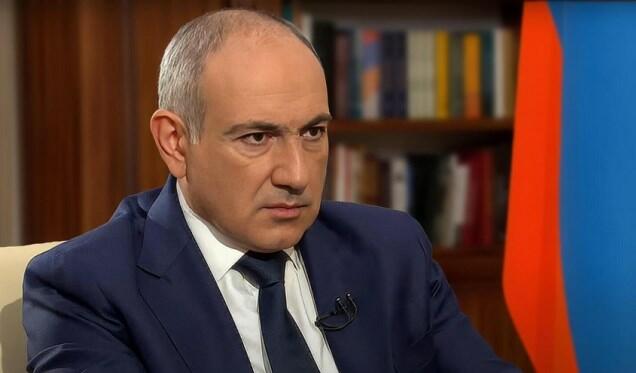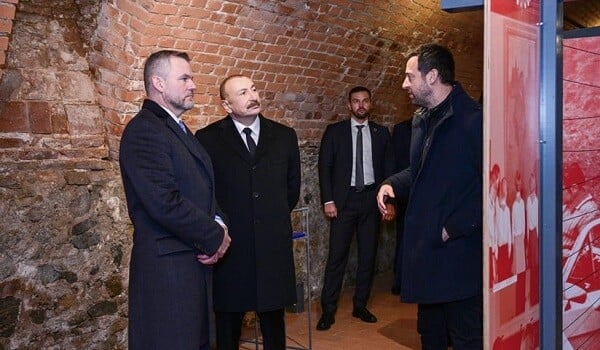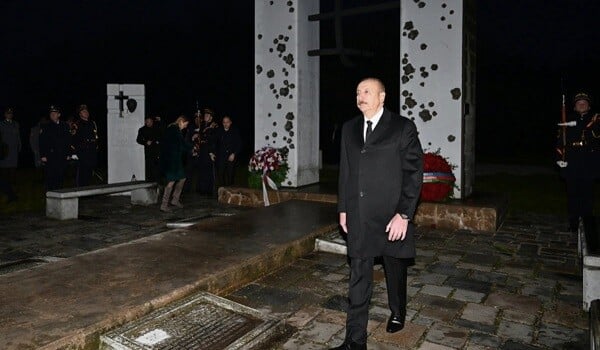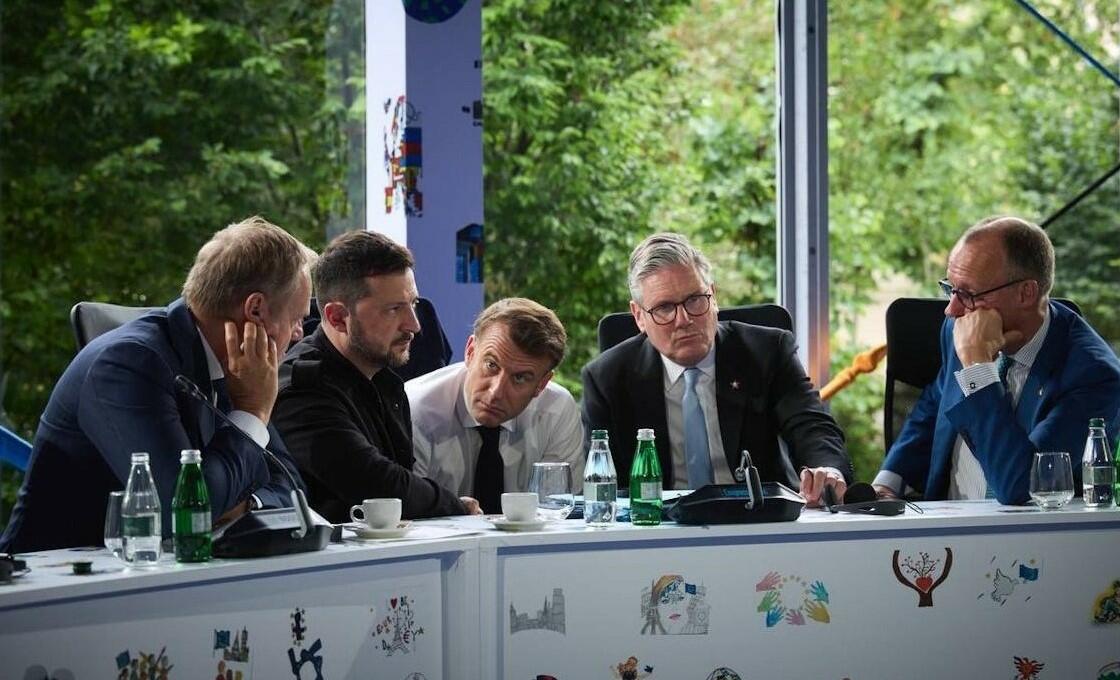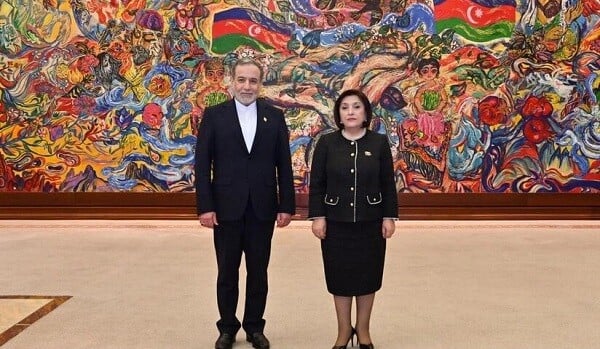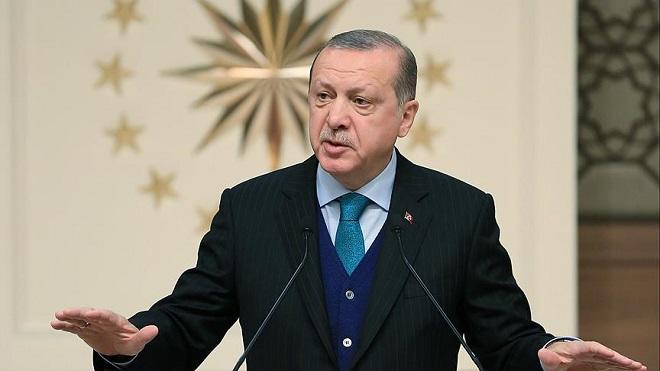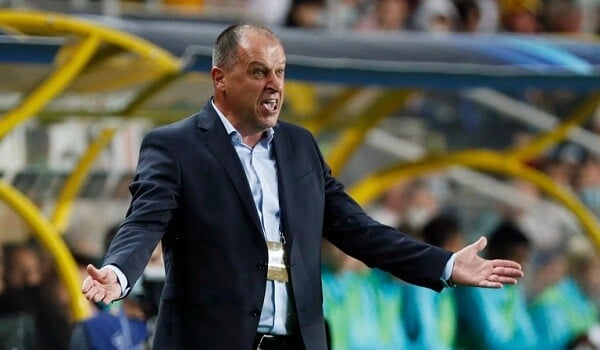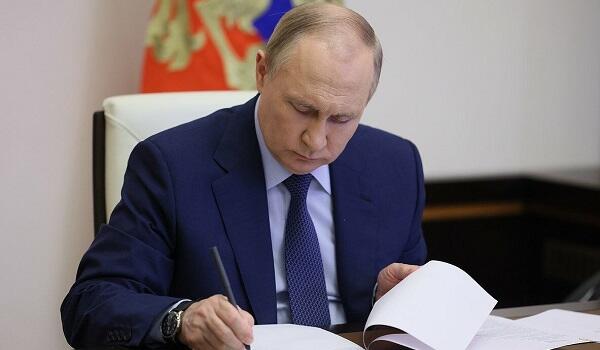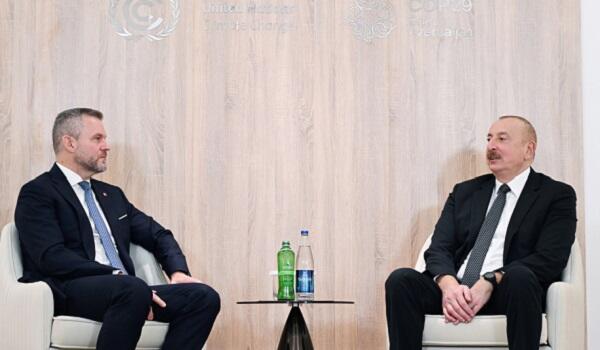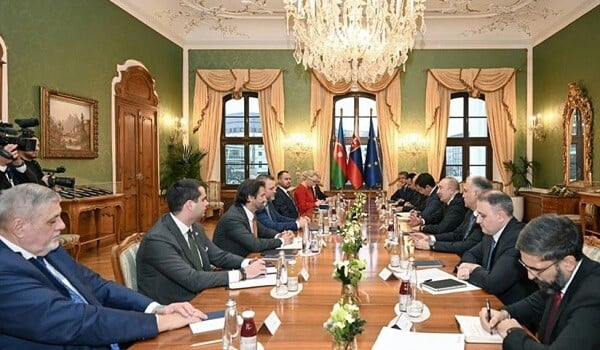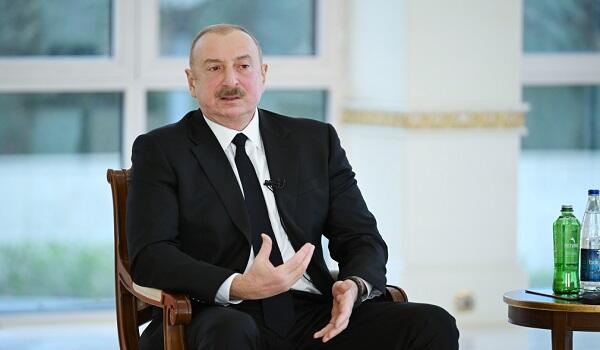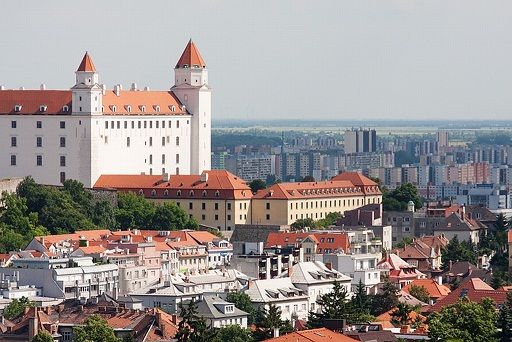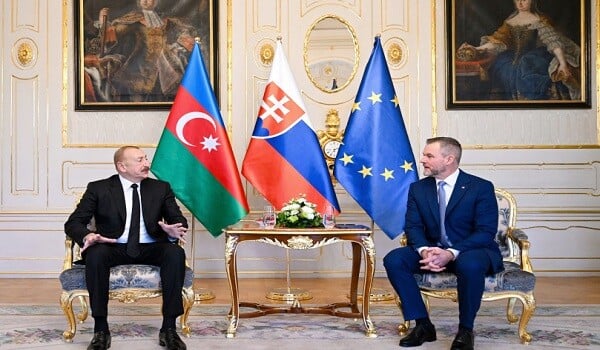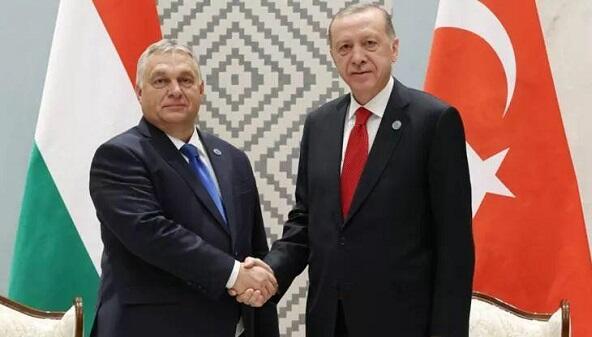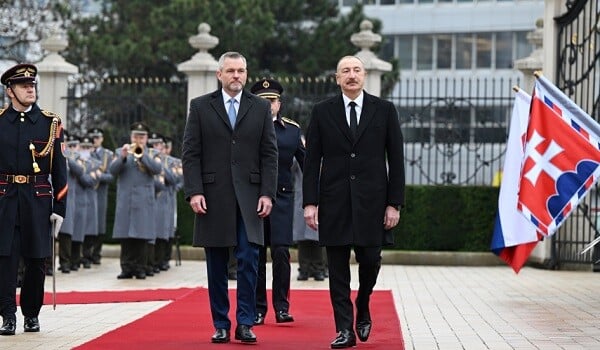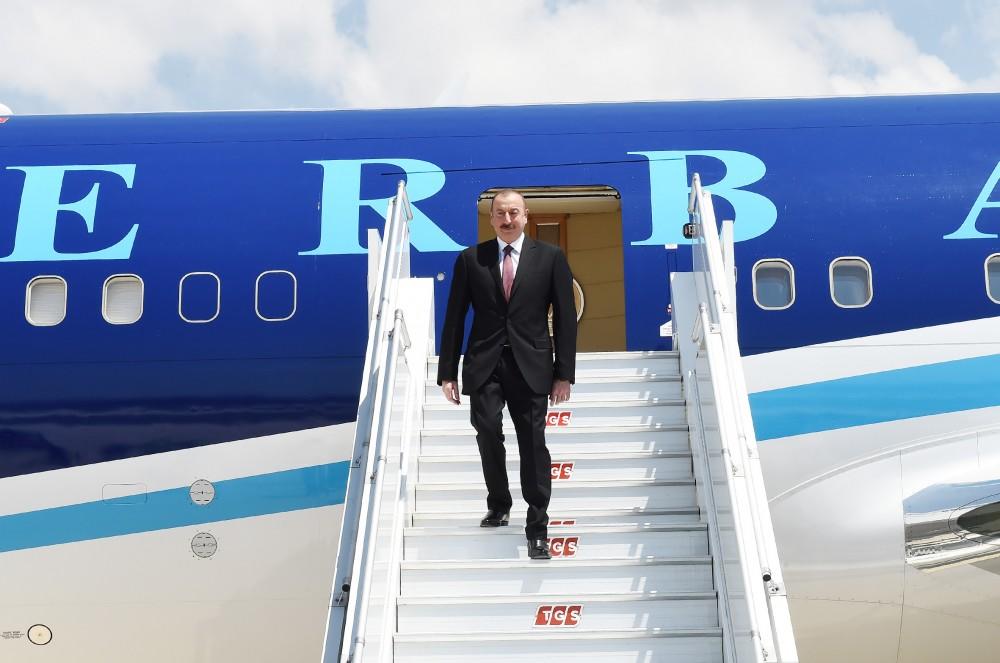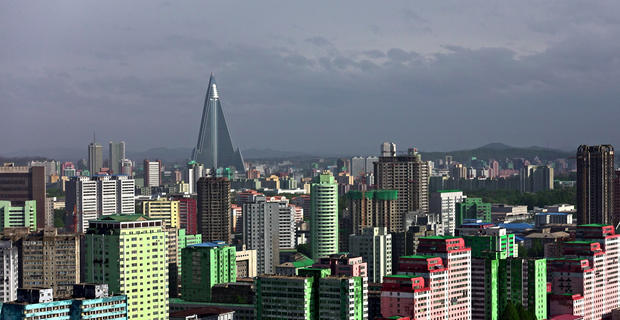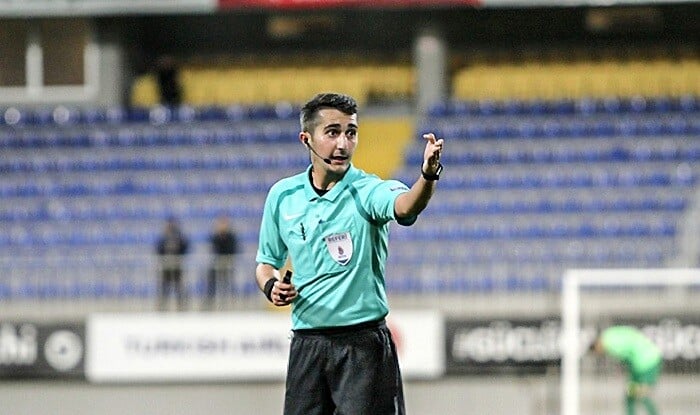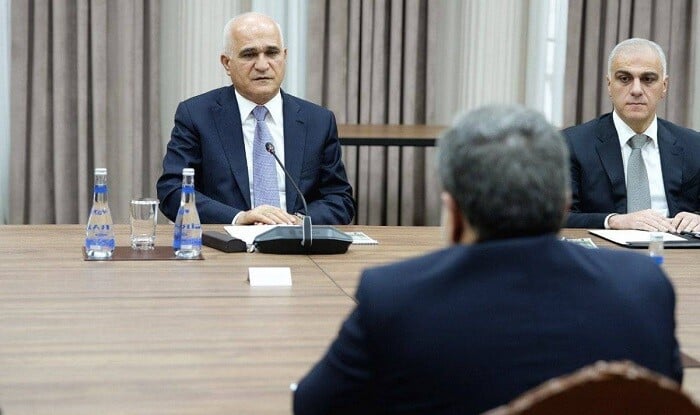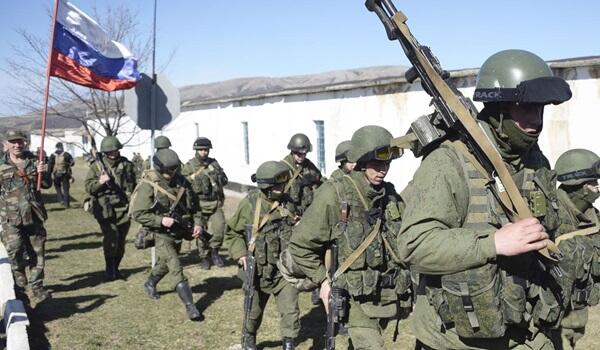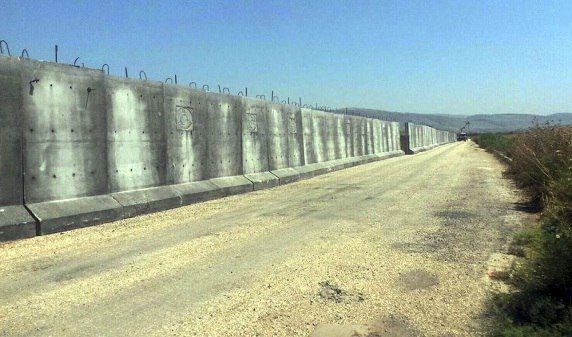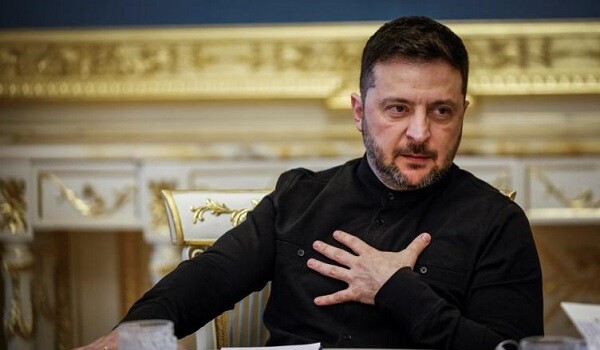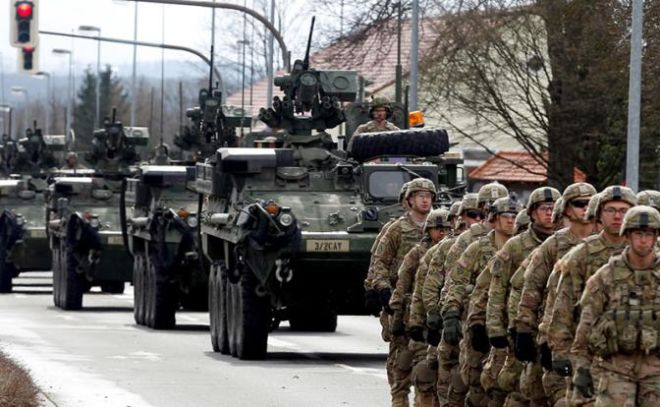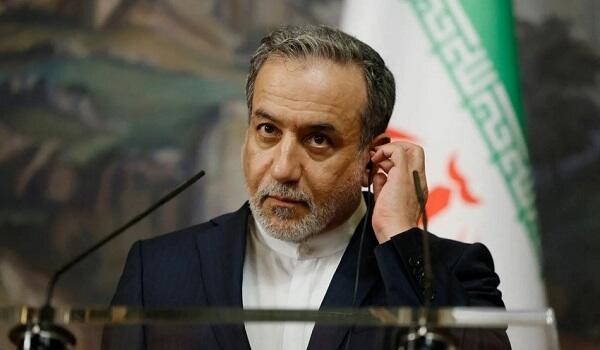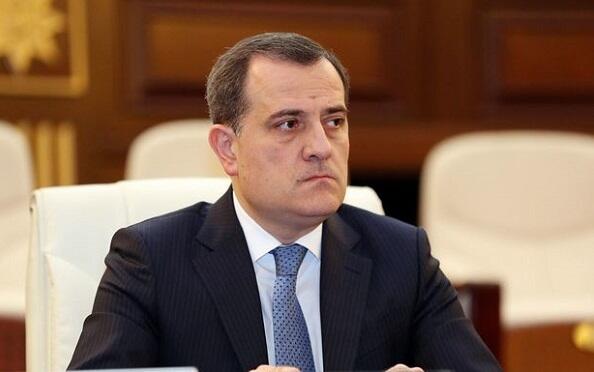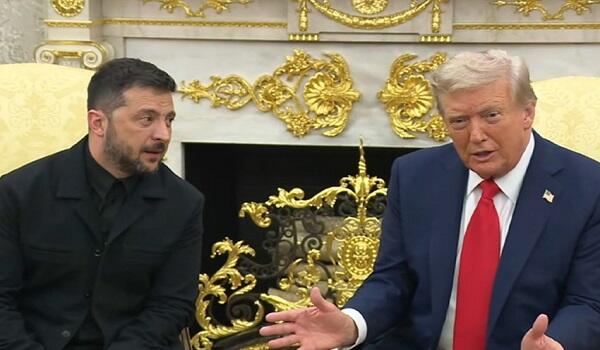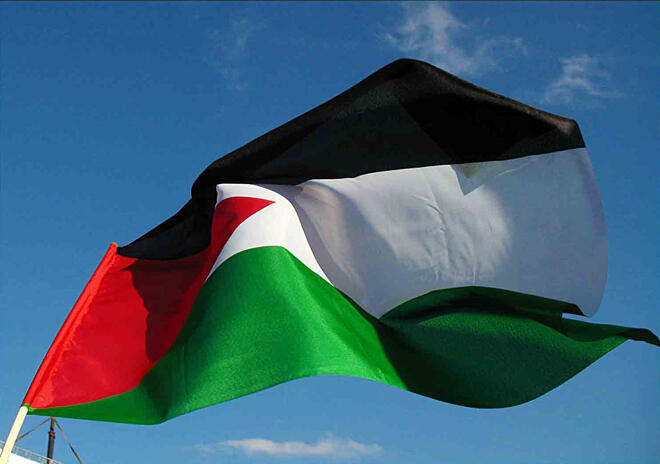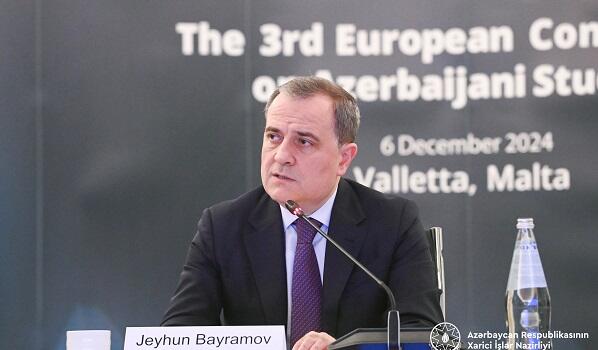The Palestinian Ambassador to Cyprus (Greek Cyprus), Abdullah Attari, has made harsh statements criticizing Turkiye's approach to the Palestinian issue.
Axar.az reports that his remarks have sparked a new wave of tension in the Middle East and the realm of international diplomacy.
Speaking to Greece’s Politis newspaper, the ambassador claimed that some circles are trying to use Palestine as a “tool” for Turkiye's geopolitical ambitions — a notion he firmly rejected:
“No one can direct us. We are not orphans. We have a sacred cause and proceed only through the UN and its institutions.”
Attari made this statement amid the candidacies of both Palestine and Cyprus for the presidency of the 81st session of the UN General Assembly. In response to discussions about a potential confrontation, he stated that Palestine’s relations with Cyprus are based on friendship and mutual understanding:
Palestine–Cyprus relations are built on two strong pillars: mutual respect and understanding. Let us not forget that Cyprus was among the first countries to recognize Palestine.”
He further stated that, as the only acceptable form of “reciprocity” in the region, Israel can support Cyprus, and Turkiye can support Palestine:
“Israel can support Cyprus, and Turkiye can support Palestine. Nothing more.”
These statements suggest a shift in Palestinian diplomacy toward an openly critical stance on Turkiye and signal potential strain in Ankara–Ramallah relations. This is despite Turkiye's strong international advocacy for the Palestinian cause in recent years, including its harsh responses to events in Gaza. Turkiye has even come close to a state of conflict with Israel and criticized its ally, Azerbaijan, over ties with Tel Aviv.
This development highlights the rationale behind Azerbaijan’s more measured and cautious policy toward Palestine. Baku has never offered emotional support, recognizing that Palestine has consistently supported Armenia on the Karabakh issue. In UN votes, calls for Muslim solidarity, and international platforms, Palestine has remained silent or even opposed to Azerbaijan’s just cause.
Furthermore, Palestinian officials have often taken positions on Karabakh that almost align with Armenia’s arguments.
Now, as Palestinians reject Turkiye with statements like “you can’t lead us” and “we are not orphans,” it appears they are turning their backs on their allies. If not Turkiye, then who?
Azerbaijan sensed this hypocrisy long ago and shaped its policy accordingly. It established diplomatic relations and provided humanitarian aid to Palestine, supporting the oppressed people, but never fully embraced the leadership. Azerbaijan saw the true face that Turkiye is now seeing, 30 years ago. Statements by Yasser Arafat and Mahmoud Abbas supporting Armenia still circulate online.
Today, we are once again reminded that brotherhood is proven not by words, but by actions. Can a country that stood with Armenia during the Karabakh war and now makes such cold, dismissive, even treacherous remarks toward Turkiye truly be called a “brother”?
Perhaps it is time for Turkiye to reconsider its policy of being “more Palestinian than the Palestinians themselves.”
